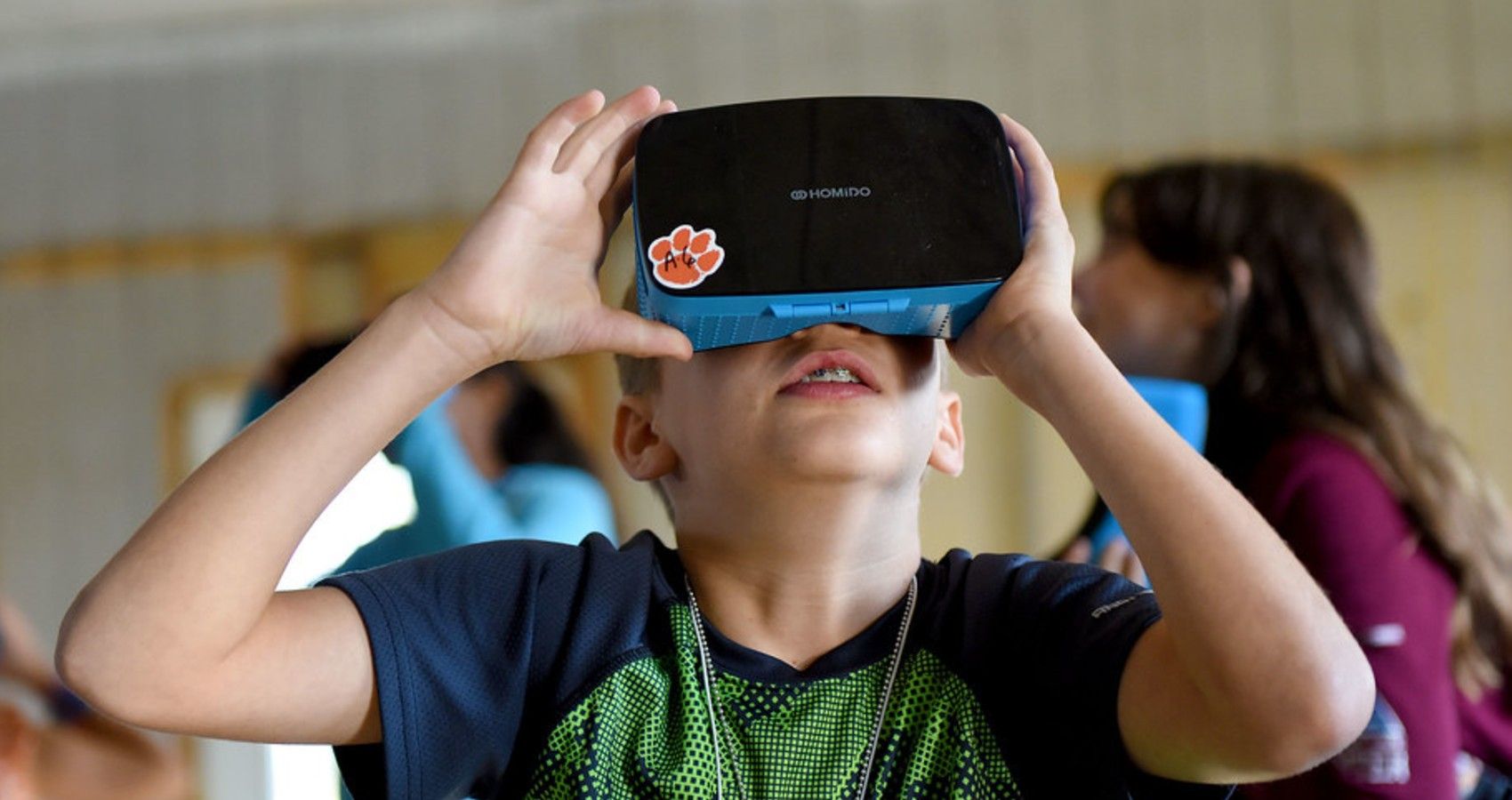A new study is showing that virtual reality games may be beneficial in helping children cope with medical procedures. While the ultimate goal would be for all children to be happy and have perfect health, there are children all across the world who are battling illnesses and diseases. The least the medical world can offer them is resources and treatments that are as easy to get through as possible. That is why continued studies on how to help these children are so important. The more the medical world knows, the more resources they can pull from.
According to Medical Xpress, a new study is suggesting that virtual reality games may be able to allow children to better cope with painful medical procedures. Video games have always been a means of escape, and it looks like they can be used to offer some calm to children in these situations.
The recent study was done by Johns Hopkins Medicine researchers and their full new release can be read here. The study is showing that games played through virtual reality can be beneficial if they are appropriate and carefully selected for pediatric use. These games may be engaging and a “practical” option for treatments when a distraction may be needed.
Therese Canares, M.D. was the lead on the study and they used a small study group to come to their conclusion. The study lasted from June 2019 to March 2020 and it involved 55 randomly selected patients ranging in age from 7 years old to 22 years old. They separate the patients into three groups. One group had the assistance of virtual reality and a child life specialist, one group had only the assistance of a child life specialist and one group did not have anything. They all were undergoing venipuncture procedures.
The study found that the children who were part of the virtual reality group had reduced pain and anxiety throughout their procedure. The group that had both virtual reality and a child life specialist had the best results; however, their procedure took longer than the other two groups.
Researchers suggest that the reason for this was due to the staff having to pause the game to fix an issue, but they are not concerned about the extra few minutes because the benefit of lesser pain and anxiety was considered a fair trade. They did say that more work is going to be done to determine what type of games are best to ensure that they can give an appropriate recommendation to medical providers.
Sources: Medical Xpress, Johns Hopkins Medicine

